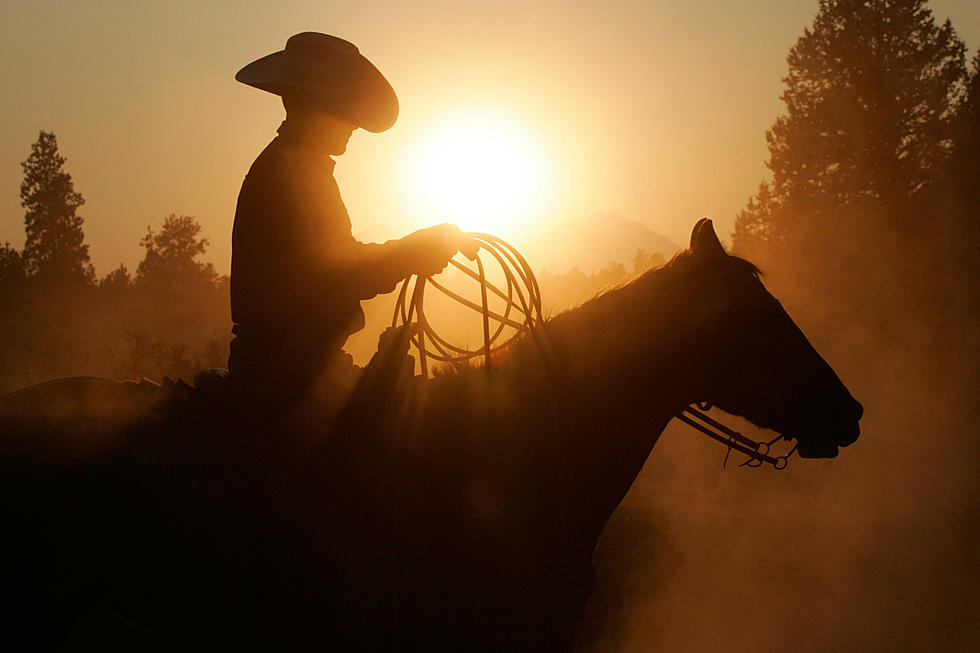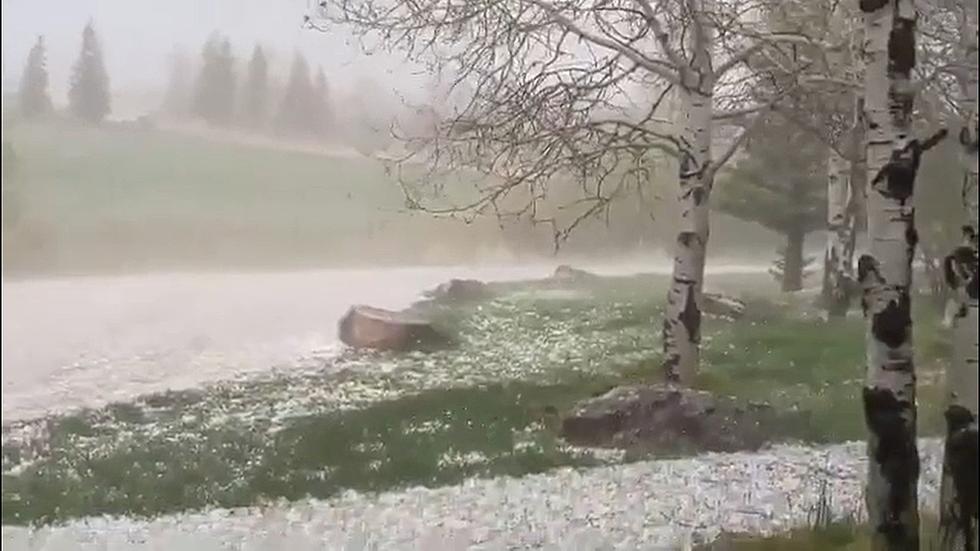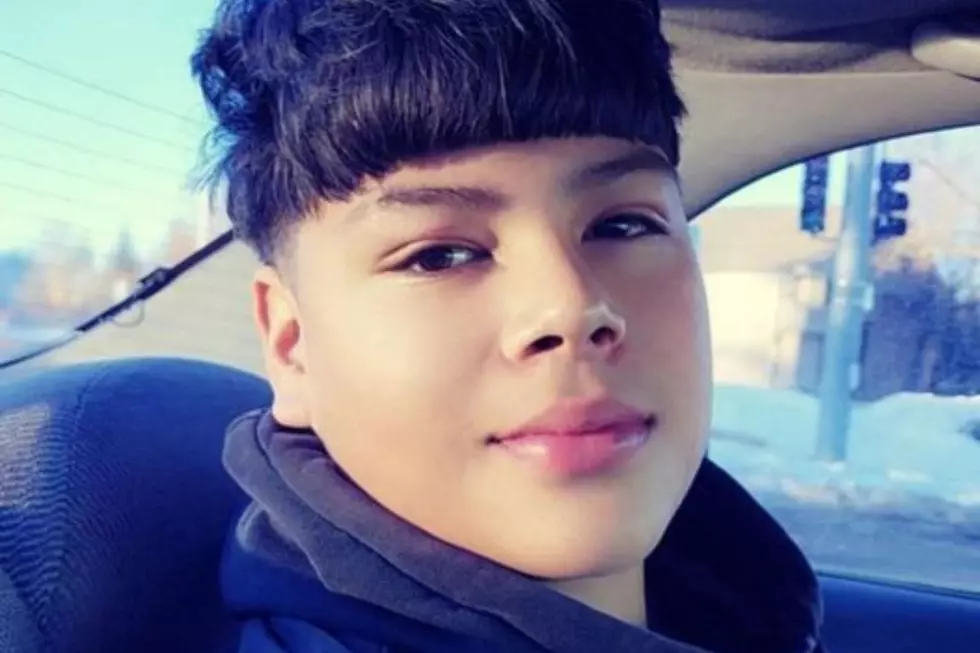
Watch: Massive Herd Of Horses Race Through Wyoming Ranch
Every once in a while, there are some gems to be found on social media. Just something that is awe-inspiring. Something, worthy of sharing and reposting with your friends. I've found another one of those videos.
The fun thing about moving from Kentucky to Wyoming is the love of horses in both states. Just these gorgeous creatures roaming around ranches in both states, with a lot being treated better than most humans, and for good reason.
I found this great video on TIKTOK of a herd of horses racing down this road to their ranch. All of these horses are absolutely BEAUTIFUL. I've also watched this video several times just to try and get an approximate number, but that feels impossible without slowing down the footage. It's really impressive that they know to turn sharply as they're running full speed. I'd run into that building if it were me. I'd be a terrible horse. Here, check this out.

As Tina Fey once said on the NBC show, "30 Rock" I want to go to there. The words don't really make sense, but the sentiment totally does. I want to see those horses in real life. I think it's so systematic how they run their route. It's really beautiful. It's like watching synchronized swimming on the Olympics.
The video has gotten a lot of love on TIKTOK. Just look, almost 700k people have watched those horses run free, or in a line, by following the leader.
LOOK: 30 fascinating facts about sleep in the animal kingdom
LOOK: The most expensive weather and climate disasters in recent decades
More From KGAB









